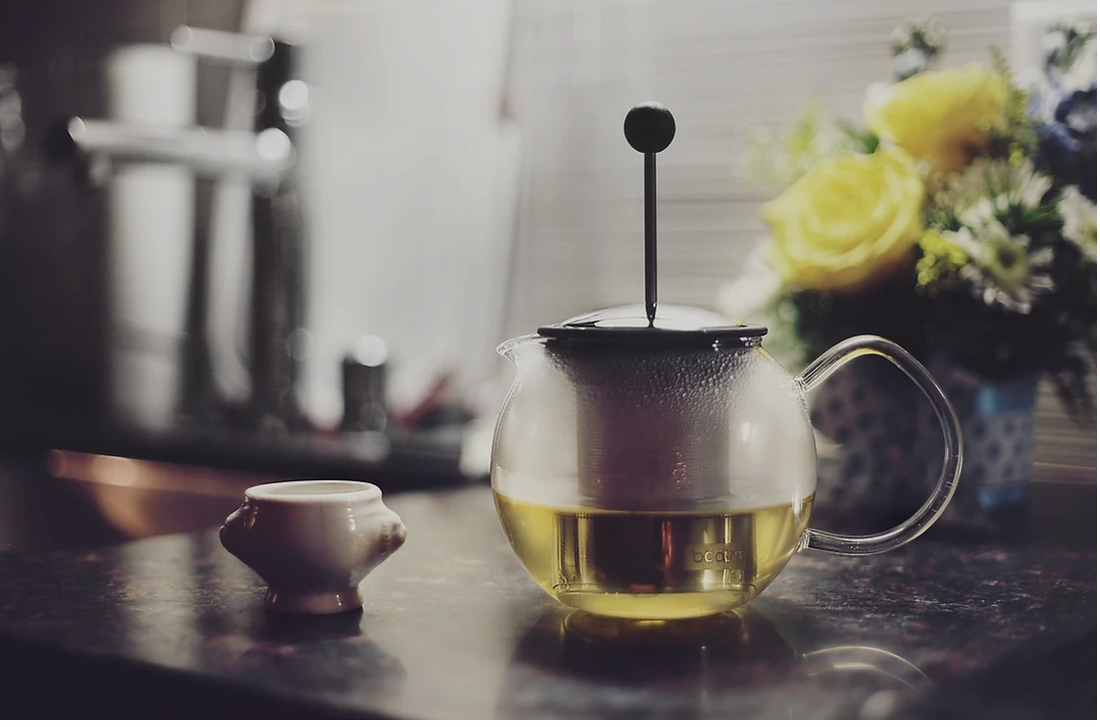I was speaking to a couple a few days ago. Their son was unwell and they were speaking about giving him some herbal tea. I couldn't help but notice they put all herbal teas under the same umbrella! To them, Peppermint was the same as Chamomile. They thought as long as something is "herbal" it will help their son.
Nothing can be further from the truth (well, sort of!). Every herb does a specific thing. You can't just pick a herbal tea willy nilly for any condition. You have to pick the RIGHT herb for the right condition if you want to see some benefits.
Below are some examples for you and perhaps you can use them the next time you want to see benefits from a herbal tea:
-
Chamomile Tea: Renowned for its calming effects, chamomile tea can alleviate anxiety, promote better sleep, and soothe digestive discomfort. Sip a cup before bedtime to unwind and promote restful sleep.
-
Peppermint Tea: Offering relief from indigestion and bloating, peppermint tea is a digestive aid. Its refreshing flavor and aroma can also help alleviate headaches and boost energy levels. Enjoy a cup after meals for optimal digestion.
-
Ginger Tea: Known for its warming properties, ginger tea aids in digestion, relieves nausea, and may help alleviate muscle soreness. Drink it regularly to support digestive health and combat inflammation. Actual ginger (cut) and some honey is excellent for colds and flu.
-
Lemon Balm Tea: With its lemony fragrance, lemon balm tea is a mood booster and stress reliever. It can also aid in digestion and promote relaxation. Enjoy a cup whenever you need a gentle pick-me-up.
-
Nettle Tea: Rich in vitamins and minerals, nettle tea supports overall health by boosting immunity, promoting detoxification, and reducing inflammation. Drink it regularly for its nourishing benefits.
-
Echinacea Tea: Widely recognized for its immune-boosting properties, echinacea tea can help prevent and shorten the duration of colds and flu. Sip it at the onset of illness to support your body's natural defenses.
-
Lavender Tea: Calming and aromatic, lavender tea promotes relaxation, relieves stress, and may improve sleep quality. Incorporate it into your bedtime routine for a tranquil night's rest.
-
Hibiscus Tea: Packed with antioxidants, hibiscus tea supports heart health, lowers blood pressure, and may aid in weight management. Enjoy it as a refreshing iced tea or hot infusion.
-
Turmeric Tea: A potent anti-inflammatory, turmeric tea offers relief from joint pain, supports liver health, and boosts immunity. Incorporate it into your daily routine for its powerful healing benefits.
-
Rosehip Tea: Bursting with vitamin C and antioxidants, rosehip tea strengthens the immune system, promotes radiant skin, and supports joint health. Drink it regularly to bolster your body's defenses.
-
Dandelion Root Tea: Known for its detoxifying properties, dandelion root tea supports liver function, aids digestion, and may help regulate blood sugar levels. Enjoy it as part of a cleansing regimen.
-
Licorice Root Tea: Sweet and soothing, licorice root tea can alleviate sore throats, calm coughs, and support adrenal health. Drink it in moderation, as excessive consumption may lead to potassium depletion.
-
Mint Tea: Whether it's spearmint or peppermint, mint tea aids digestion, freshens breath, and relieves congestion. Enjoy it hot or cold for a refreshing and invigorating experience.
-
Cinnamon Tea: With its warming and aromatic qualities, cinnamon tea helps regulate blood sugar levels, supports digestion, and boosts circulation. Enjoy it as a comforting beverage on chilly days.
-
Ginseng Tea: Known for its adaptogenic properties, ginseng tea enhances energy, reduces stress, and improves cognitive function. Drink it regularly to support overall vitality and resilience.

